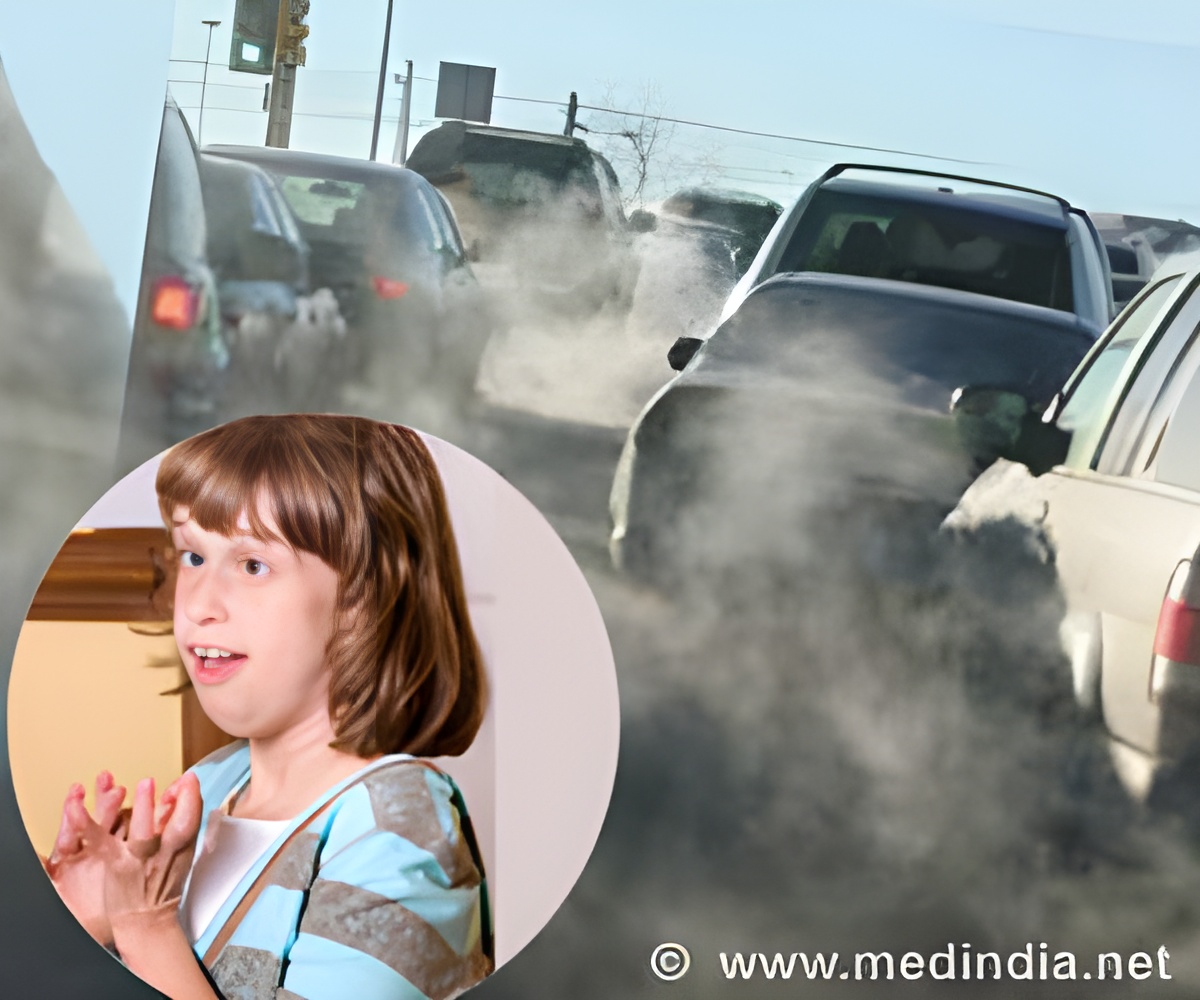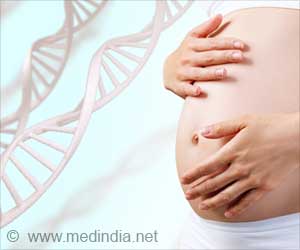Autism is characterized by developmental disturbances in social interaction, behavior and language. Air pollutants exposure can lead to autism development in infants and during pregnancy.

Heather Volk and colleagues found out that if young kids were exposed to air pollutants in their early developing years, they become more susceptible for harboring autism disorders.
The researchers enrolled 524 children (279 with autism and 245 control children) in California for the purpose of study, the results of which were later published in the Archives of General Psychiatry.
During the study, the location of the mother when pregnant as well as the location of the children in their first year of life was recorded. Important points such as vehicle emission, wind patterns, regional estimates of air pollutants, ozone percentage, nitrogen oxides and traffic volumes were assessed in both locations of pregnancy as well as infancy. The pollution scale was calibrated into below 25 percent and above 25 percent.
The scientists noted that children who were exposed to traffic related air pollution in early life had higher chances of developing autism in comparison to those who were not exposed to pollutants.
According to Prof. Volk, “The links between air pollution and autism risk were virtually unchanged after accounting for parents’ race and ethnicity, educational attainment, and smoking status, as well as for the area’s population density”.
High levels of mercury, cadmium, nickel, rubber, dyes and plastics and diesel exhausts also increased the probability of developing autism and other related ailments in children.
The scientists highlighted the imperativeness of authorities in devising and formulating newer, effective and stringent anti-pollution laws.
Reference:
http://archpsyc.jamanetwork.com/article.aspx?articleid=1393589
Source-Medindia














